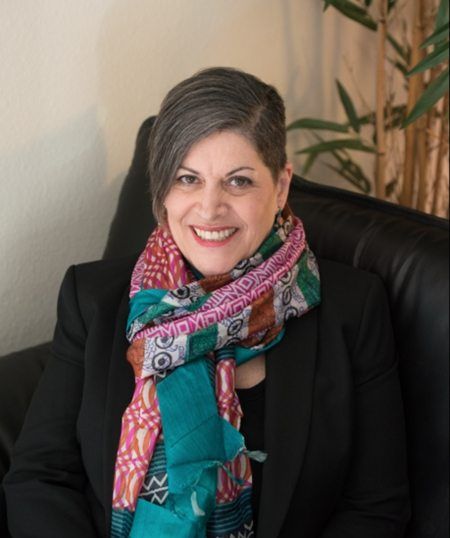Mismatched Sex Drives: How To Find Balance
Couples often report that one partner has a higher drive than the other. Sometimes they fight about this, and that’s what brings them into my practice for treatment. But why does this happen?
I suppose you could ask why are two people different about anything? One person likes cookies and the other likes cake. One wants Thai food once a week, and the other wants it once a month. The problem doesn’t lie in the difference of opinion; it lies in people’s personal reaction to this difference.
Issues in relationships often arise when one individual takes personal offense when their partner wants sex either more or less frequently than they do. The higher-desire partner may feel that their partner doesn’t want or desire them. They may feel rejected when they get turned down. The lower desire partner may feel inadequate. They may feel guilty when they say no.
As always, normalizing is your go-to first step in treatment. Let the couple you are working with know that this discrepancy in sexual desire is common. Though it may sometimes mean that there are more significant problems in the relationship, it more often means that they are just two different people. Once they understand that and stop blaming one another, they can start working towards a solution.
Below are a few tried and true suggestions that have produced fantastic results for many couples:
Scheduling sex.
This helps the higher desire partner from getting frustrated if they know that sex is on the schedule. In turn, it allows the lower desire partner to feel less pressure and the chance to do whatever it is they need to do to make sure they are rested and ready for fun!
Creating Space.
The higher-desire partner can initiate and make space for the lower desire partner to engage in affectionate touching and kissing to see if they might get in the mood. They can agree to pause around the 10-minute mark and check in with their partner. They may end up going further with their sexual activity, or they may agree to put sex on hold until another day.
Saying No the Right Way.
The lower desire partner can learn to give a “soft” no instead of declining sex in a negative or rejecting way. In other words, the lower desire partner might say something like, “It’s nice to feel loved, I appreciate it, and I love you, too. I am not in a place where I can be sexual, but I’ll rest up and initiate sex tomorrow.”
Suppose suggestions like this don’t do the trick. In that case, you may need to engage the couple in more intensive sex therapy to understand and correct longstanding patterns - things that you would learn if you, yourself, delve more deeply into the field of sexology.
Speaking of sexology, why not visit LearnSexTherapy.com by The Buehler Institute?
It’s an incredible resource for those wishing to learn how to effectively resolve the sexual issues faced by their clients or patients and help them experience more enjoyable sex.
 Subscribe to my newsletter and receive your free guide, “Assessing Sexual Issues”.
Subscribe to my newsletter and receive your free guide, “Assessing Sexual Issues”. Subscribe
Thank you!
Expect news of future blog posts and other free content plus announcements of new courses and programs.
We never sell your information, promise.
We never sell your information, promise.
